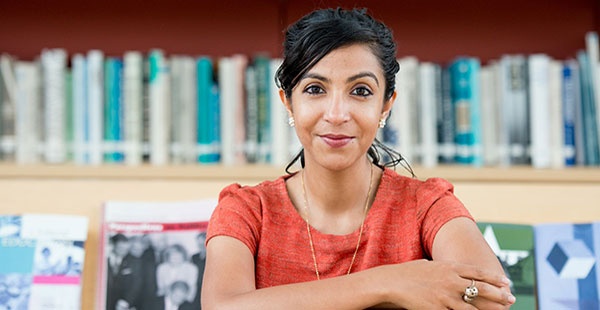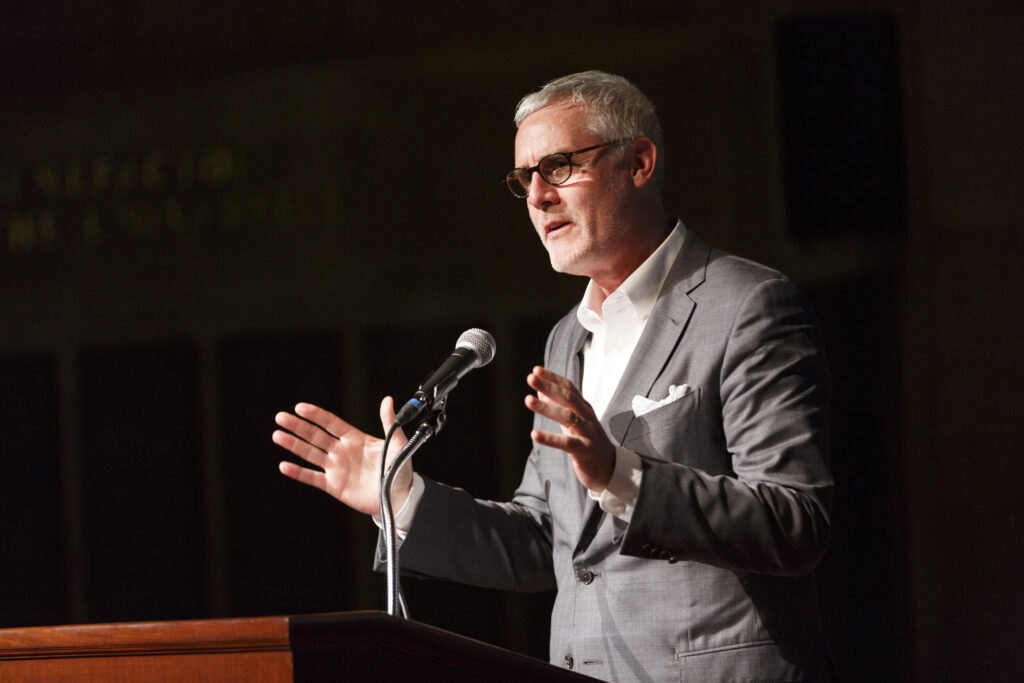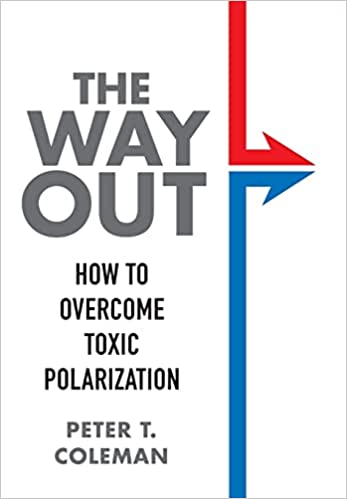Pell Center to hold inaugural conference on U.S. polarization and conflict resolution

The Pell Center for International Relations and Public Policy will be hosting an inaugural half-day conference entitled “Uniting the Divided States: Applying Conflict Resolution to U.S. Polarization” on Monday, April 17, at from 8:30 a.m. to Noon in the Young Building at Salve Regina.
This conference is open to the Salve Regina community, as well as the general public. To register, go here.
International observers have warned the U. S. is experiencing democratic backsliding as the nation faces unprecedented threats from increased polarization both in and out of the political sphere. To save the country’s democracy, the U.S. needs to find a way out of this intractable conflict.
The Pell Center’s “Uniting the Divided States” inaugural conference will explore the causes and impacts of polarization and identify applied dispute resolution techniques to create a more unified America.
The conference will offer a panel discussion and a following Q&A for attendees, as well as a keynote speaker with a Q&A.
Panelists include Sean Westwood, associate professor of the Department of Government at Dartmouth College; Prerna Singh, professor of political science and international and public affairs at Brown University; and Nealin Parker, executive director of Common Ground USA.
The goals for the panel conversation are to help define polarization by highlighting its nuances and boundaries; compare the current state of U.S. polarization to other large democracies and to historical experiences of polarization in the United States; delve into the impact of identity, nationalism, and political elitism on U.S. polarization; and briefly touch on conflict resolution techniques which can be applied to this context.
The keynote speaker will be Peter Coleman, author of “The Way Out: How to Overcome Toxic Polarization” and a professor of psychology and education at Columbia University. Coleman is also the executive director of the Advanced Consortium on Cooperation, Conflict and Complexity in the Earth Institute at Columbia.
In his book “The Way Out,” social psychologist Coleman explores how conflict resolution and complexity science provide guidance for dealing with seemingly intractable political differences. Deploying the concept of attractors in dynamical systems, he explains why the U.S. is stuck in this rut as well as the unexpected ways that deeply rooted oppositions can and do change.
The keynote will help explain polarization as a constellation of chronic problems and address how outlooks, attitudes and approaches to conflict can change. It will also highlight conflict resolution best practices which can be applied to reduce polarization in the U.S.
The conference will conclude at Noon with an off-campus luncheon with Dr. Jim Ludes, executive director of the Pell Center, and Katie Langford, associate director of the Pell Center.
Singh, Westwood and Coleman will also be joining the lunch — along with and Nathan Stock, associate director of conflict resolution program for the U.S. at the Carter Center.
To register for the conference, go here.
Featured photo by Getty Images/Andrew Linscott




